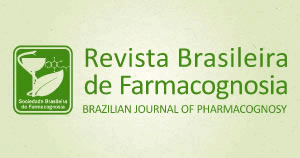Some species of the plant genus Alchornea (family Euphorbiaceae) are widely used in popular medicine, mainly in South America and in Africa. Several kinds of biological activity have been seen in the species: antioxidant, antifungal, anti-inflammatory, antibacterial, cytotoxic against tumor cell lines and inhibitory to the replication of HIV-1 and HIV-2. In Brazil, the species Alchornea castaneaefolia Willd. A. Juss. and Alchornea glandulosa Poepp. & Endl. are used by the local population to treat rheumatism, arthritis and muscular pains. In view of the popular use of these plants as medicines and the potential risks from their consumption, we assessed the mutagenic potential of chloroform and methanol extracts of the leaves of these plant species, employing the in vivo micronucleus test and the Ames assay. The data obtained showed that the chloroform extracts were not mutagenic. The methanol extract of A. castaneaefolia was mutagenic to strain TA98 of Salmonella typhimurium and the methanol extract of A. glandulosa to strains TA98 and TA97a. The methanol extracts of both species of Alchornea were mutagenic in vivo at the largest dose employed. The probable mutagenic agents involved were the aglycone quercetin and amentoflavone, present in both species.
Alchornea; Micronucleus; Ames Assay; Mutagenicity; Medicinal Plant



